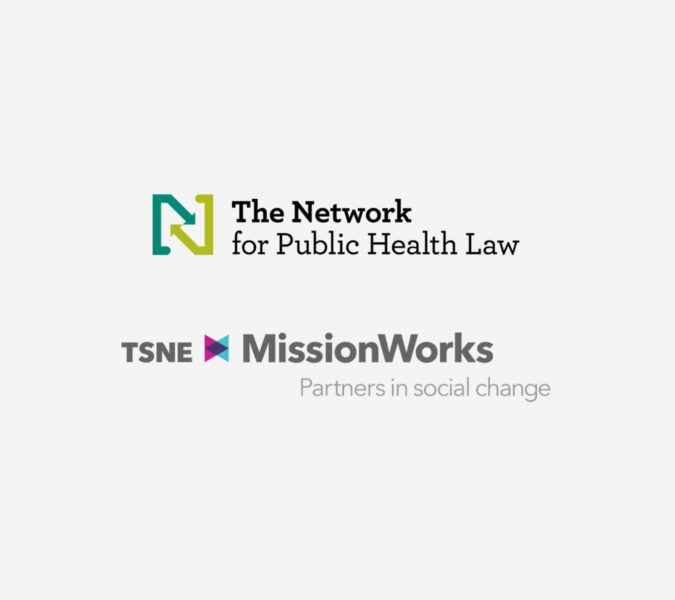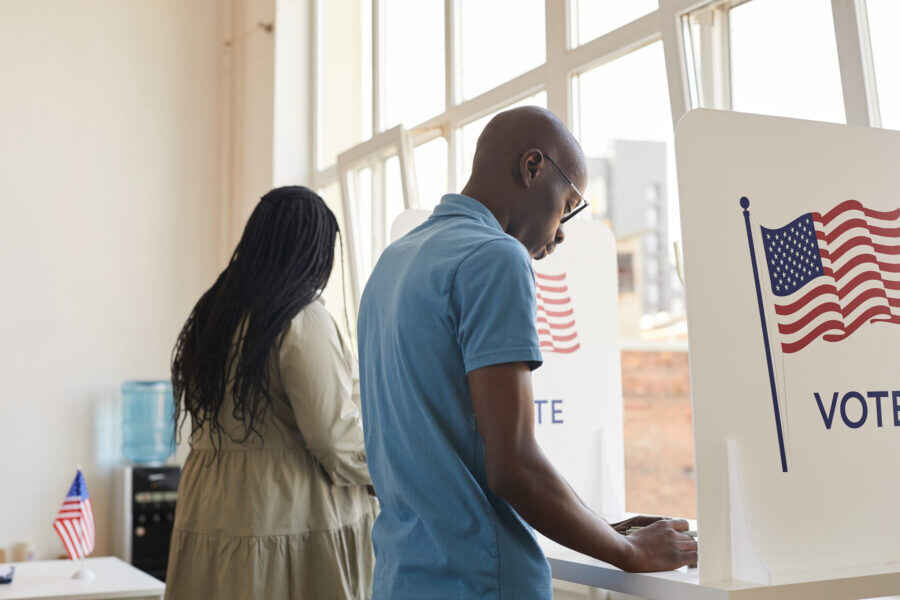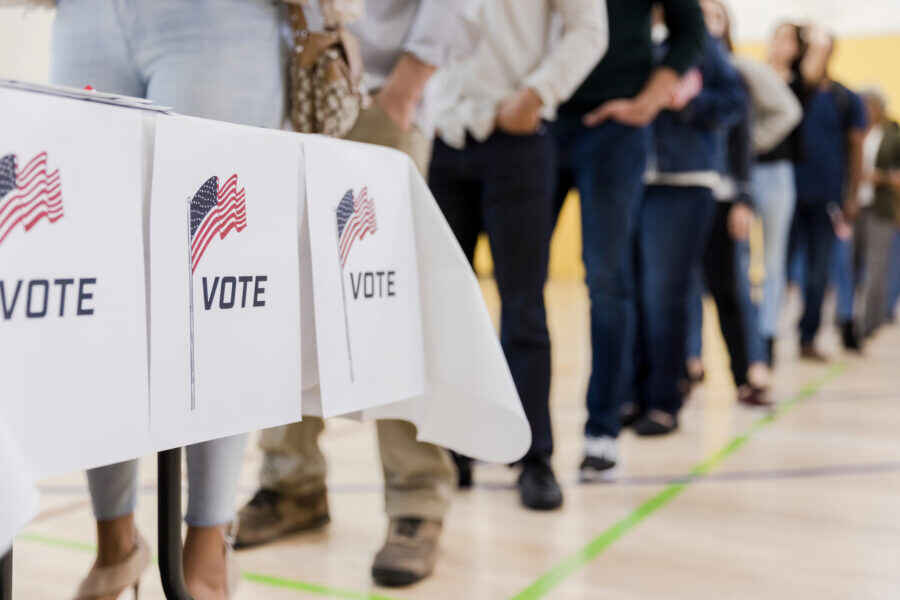
Breast Cancer Screening, Research, and Treatment are Essential—So is Prevention
Law & Policy InsightsMechanisms for Advancing Health EquityMechanisms for Advancing Public HealthOctober is National Breast Cancer Awareness Month, a time to remind people of the prevalence of breast cancer, which will impact one in eight U.S. women—a growing number of which are women of color and women under 50 years of age. These realties call for policies that prevent exposure to chemicals linked to increased risk, while simultaneously continuing to support low-cost and convenient early detection methods and life-saving treatment that can address the current racial disparities in relative survival rates and identify breast cancer at earlier, more treatable stages.











